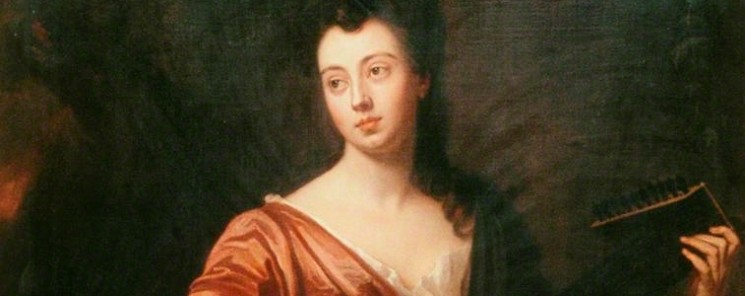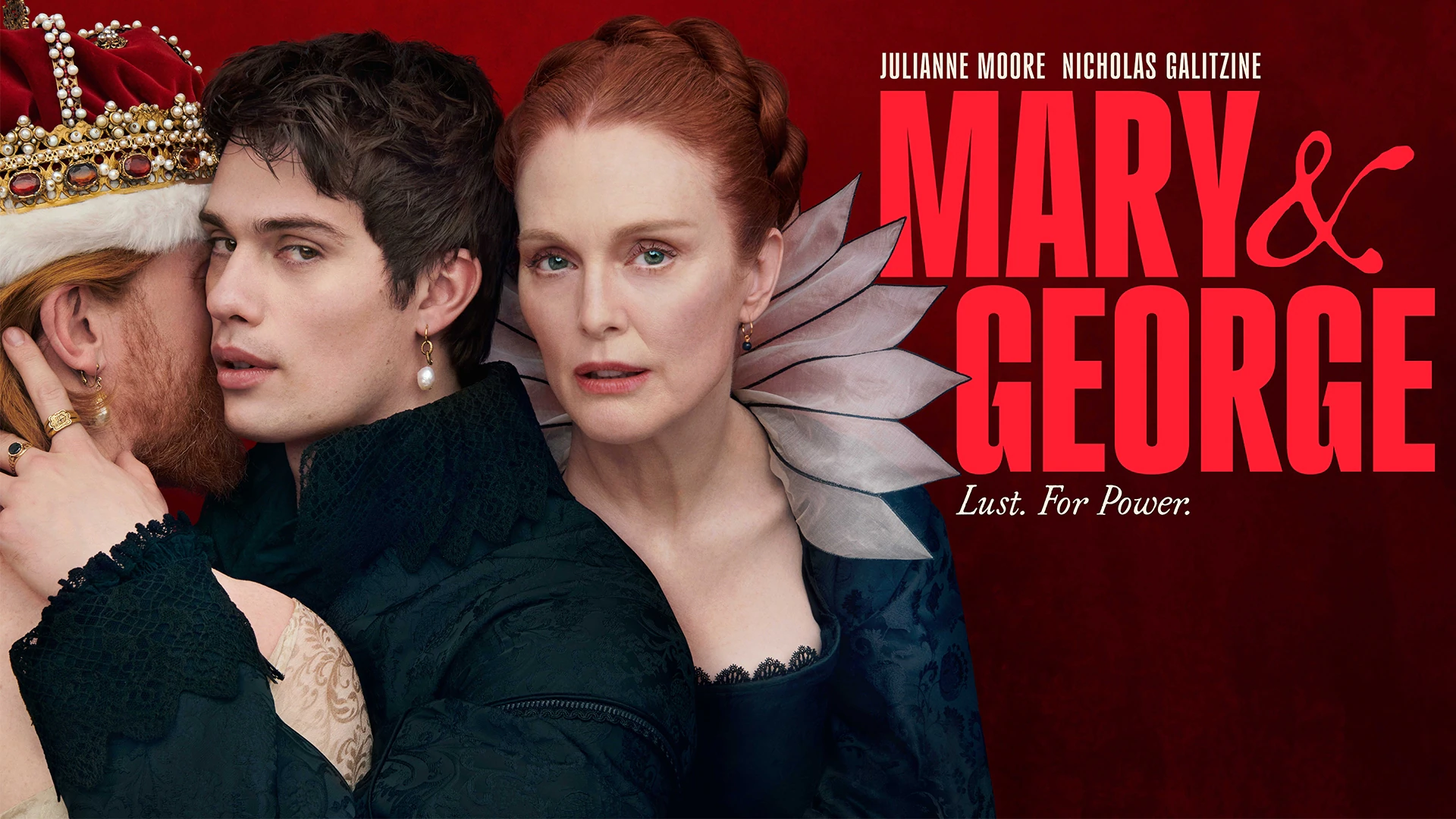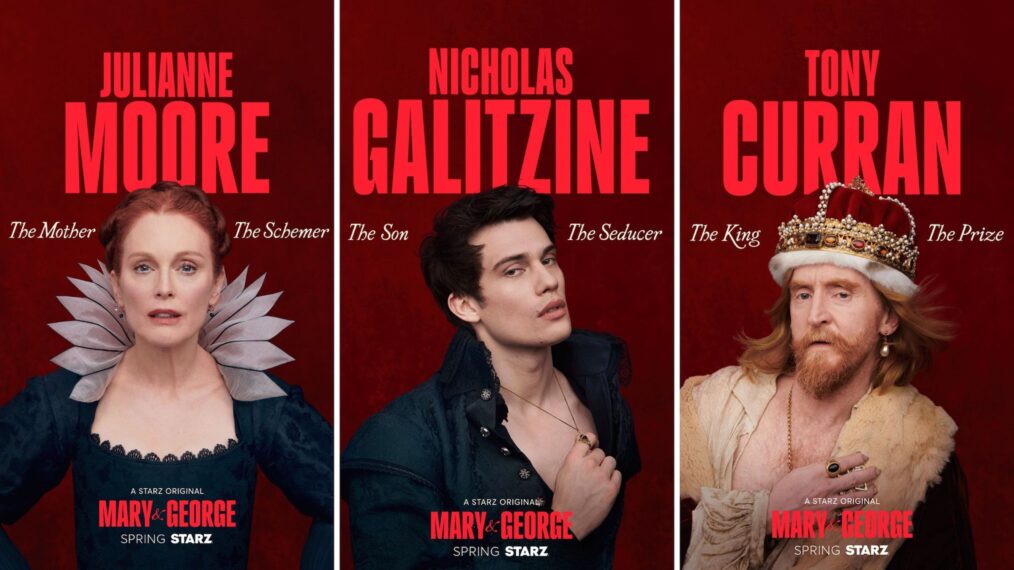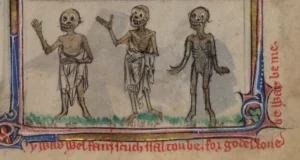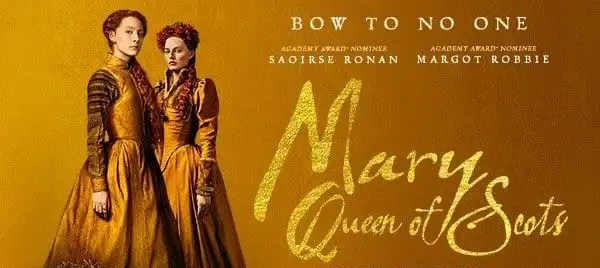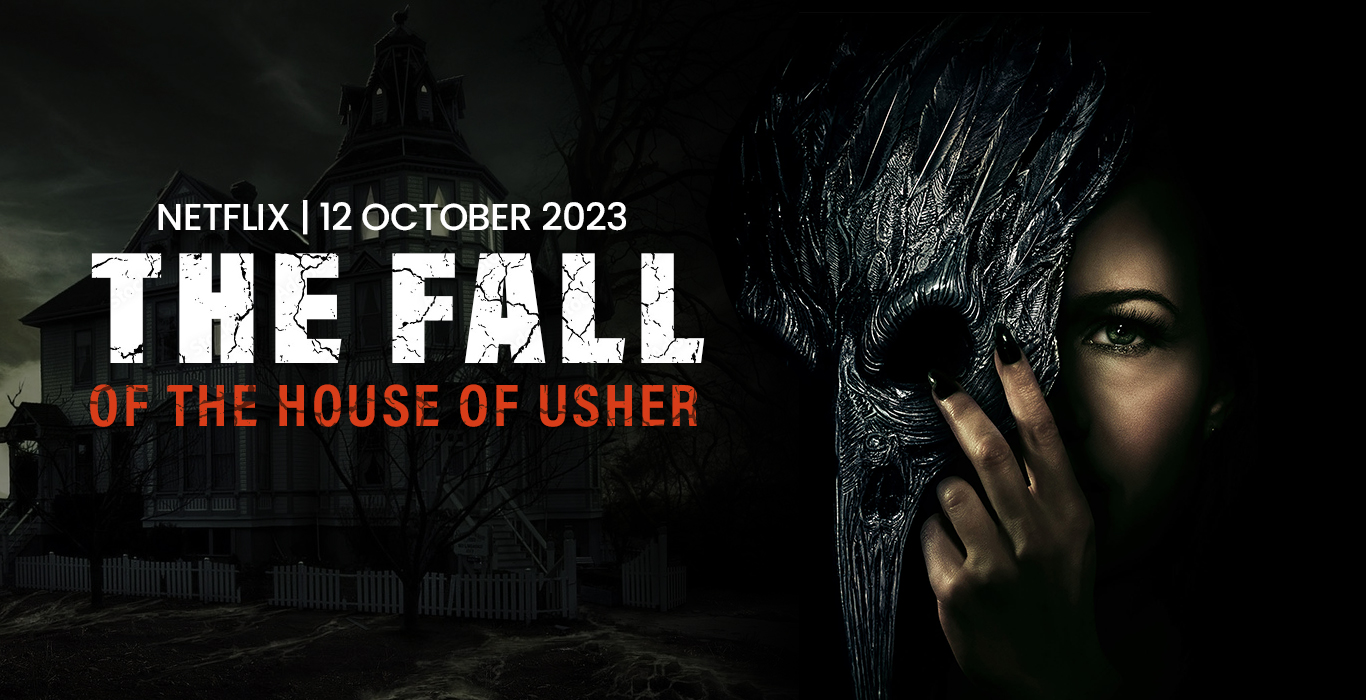To Mrs Arabella Hunt
Dear Madam
–Not believe that I love you? You cannot pretend to be so incredulous. If you do not believe my tongue, consult my eyes, consult your own. You will find by yours that they have charms; by mine that i have a heart which feel them. Recall to mind what happened last night. That at least was a lover’s kiss. It’s eagerness, it’s fierceness, its warmth, expressed the God its parent. But oh! It’s sweetness, and it’s melting softness expressed him more. With trembling in my limbs, and fevers in my soul, I ravish’d it. Convulsions, panting, murmurings shew’d the mighty disorder within me: the mighty disorder increased by it. For those dear lips shot through my heart, and thro’ my bleeding vitals, delicious poison, and an avoidless but yet a charming ruin.
What cannot a day produce? The night before i thought myself a happy man, in want of nothing, and in fairest expectation of fortune; approved of by men of wit, and applauded by others. Please, nay charmed with my friends, my then dearest friends, sensible of every delicate pleasure, and in their turns possessing all.
But love, almighty love, seems in a moment to have removed me to a prodigious distence from every object but you alone. In the midst of crowds I remain in solitude. Nothing but you can lay hold of my mind, and that can lay hold of nothing but you. I appear transported to some foreign desert with you (oh, that I were really thus tranported!), where, abundantly supplied with everything, in thee, i might live out an age of uninterrupted ecstasy.
Then scene of the world’s great stage seems suddenly and sadly chang’d. unlovely objects are all around me, excepting thee; the charms of all the world appear to be translated to thee. Thus in this sad, but oh, too pleased statel! my soul can fix upon nothing but thee; thee it contemplates, admires, adores, nay depends on, trusts on you alone.
If you and hope forsake it, despair and endless misery attend it.”
William Congreve to Arabella Hunt
Last year I had the absolute pleasure of accidentally seeing Gabriel: An Entertainment with Trumpets at the Globe Theatre, London. It was a play like no other, instead of having a strict narrative it was a series of seemingly unrelated vignettes. The little stories were all taken from snippets of historical sources relating in some way to the work of Henry Purcell, the court composer of Queen Mary II. Among the anecdotal scenes was one concerning Arabella Hunt. The play took the story of her unusual and short lived marriage and developed a story of Hunt being left eternally frigid, a pain which is evident in her musical ability and explains her apparent constant rejection of suitors despite their ardour for her.
The circumstances of Hunt’s marriage are unusual even by our standards so we can imagine the confusion from the court at the time. In September 1680 Hunt married a young man named James Howard and went to live with him at his mother’s house. However within six months Hunt had left her husband and sought an annulment on the grounds that he was in fact a woman. James Howard was actually an Amy Poulter who had been already married at the time of the marriage to Hunt. Poulter’s husband had since died during her six month ‘marriage’ to Hunt. Hunt initially claimed that Poulter had been an hermaphrodite but an examination by midwives proved that this was untrue; Poulter was in every way a woman. The marriage was annulled with Poulter dying soon afterwards while Hunt lived on but did not remarry.
Gabriel used an episode from Hunt’s later career to question her ignorance towards her marriage. Supposedly bored of hearing Purcell’s music, Queen Mary asked Hunt to sing a popular ballad ‘Cold and Raw’ which she did. Although annoyed, Purcell later incorporated the tune into a birthday song for the monarch and, in Gabriel, Hunt is praised for her chilling vocals. The play attributes her emotive performance and her resistance to remarriage to her brief liaison with Poulter. The lyrics to ‘Cold and Raw’ are addressed to a female lover, something which Hunt can relate to and the reason why the queen requests this particular song of her.
We can certainly ask the question of why Hunt remained married for six months to another woman, or if she knew of Poulter’s true identity beforehand as it seems unlikely that under normal conventional circumstances Hunt would accept her husband’s wedding night revelation that actually he was a woman. Gabriel suggests that Hunt went into the marriage fully aware of her partner’s identity and that she was happy to go along with it. The two are very much in love but various pressures of maintaining the pretence and general lover’s quarrels force Hunt to end the relationship breaking her own and Poulter’s heart. As Poulter dies so soon after the annulment (here due to suicide) the two are never reconciled which is used to explain why Hunt does not, and indeed cannot, have a relationship with anyone else.
While Hunt never remarried as the above letter illustrated she at least engaged in at least one brief affair though it is thought that this was never consummated. She survived Poulter by twenty five years, dying in her forties and living alone, supposedly having no meaningful relationships in the interim. We cannot know why this was, for she obviously had at least one admirer. Arabella’s story is bizarre yet romantic enough that we can easily imagine a tale of forbidden love which left her permanently disillusioned at a time when the idea of same sex marriage was literally unheard of.

